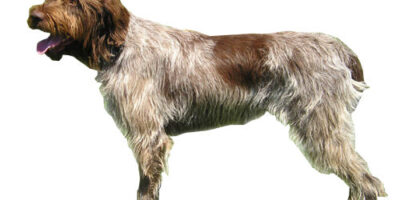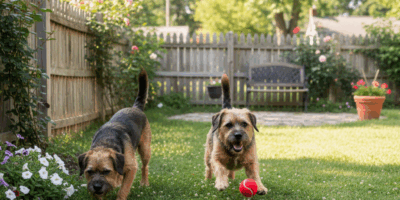
Wirehaired Pointing Griffon Field Trials
Field trials for Wirehaired Pointing Griffons have gotten complicated with all the formats, organizations, and judging criteria flying around. As someone who has trained and competed with Griffs for years, I learned everything there is to know about what makes these dogs excel in competition. Today, I will share it all with you.
Here’s what the breed standard doesn’t capture: watching a well-trained Griff work a field is something special. These dogs combine intelligence, athleticism, and an absolute devotion to the hunt that makes them exceptional trial competitors.
The Griff Heritage
Probably should have led with this section, honestly. Wirehaired Pointing Griffons were bred in 19th century Europe specifically as versatile hunting dogs. That wiry coat isn’t just for looks—it protects them from thorns, brush, and harsh weather while they work. Their noses are legendary among pointing breed enthusiasts.
What Field Trials Test
That’s what makes field trials endearing to us Griff owners—they test whether breeding and training actually produced a functional hunting dog. Pointing, tracking, retrieving, obedience under pressure. These aren’t abstract skills; they’re what the dog would do on an actual hunt.
Foundation Training
Start with basic obedience before anything fancy. Sit, stay, come—rock solid every time. Then introduce gunfire gradually. Then birds. Rushing this process creates problems that take months to fix.
The pointing instinct is there naturally, but you shape it. Wing-on-a-string, planted birds, careful reinforcement. Retrieving takes more work for some dogs—force fetch techniques exist because not every dog’s natural retrieve is reliable enough for trial conditions.
Trial Formats You’ll Encounter
Shoot-to-retrieve combines everything—point the bird, watch it get shot, retrieve it promptly. Pointing dog trials focus primarily on locating and holding point. Different formats test different skills, and your training should match what you’re entering.
What Judges Look For
Hunting ability matters most. How efficiently does the dog find birds? How solid is the point? How clean is the retrieve? Beyond mechanics, judges watch for style and enthusiasm—a dog going through the motions looks different from one who loves the work.
Consistency wins titles. One brilliant run doesn’t overcome unreliable performance. Train for reliability first, then polish for style.
Getting Started
NAVHDA and AKC both host trials throughout the year. Local breed clubs often run practice days where you can learn without competition pressure. Find experienced handlers willing to mentor—this sport has a strong tradition of passing knowledge along.
Common Mistakes
Rushing exposure to gunfire creates gun-shy dogs. Overworking young dogs burns them out. Inconsistent commands confuse dogs about expectations. Most training problems trace back to handler errors, not dog limitations.
Health Considerations
Field work is physically demanding. Proper conditioning before trial season, adequate rest between events, and attention to nutrition all matter. Watch for signs of overexertion—a tired dog makes mistakes that hurt scores and can lead to injury.
The best Griff competitors balance intensity with recovery. These dogs give everything they have; responsible handlers make sure they have enough to give.



